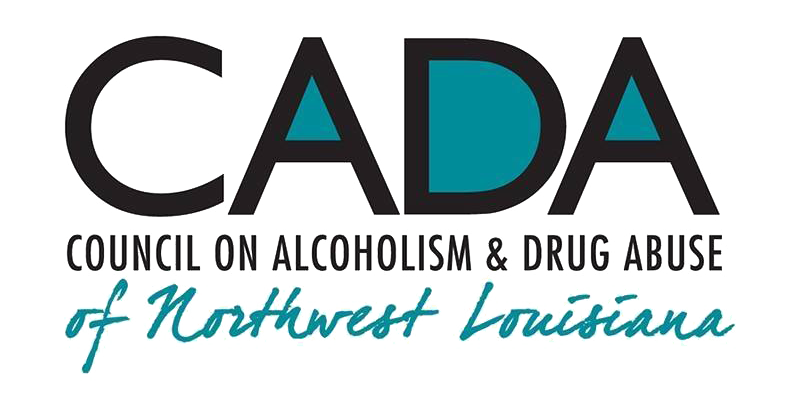Add your title here
This is the text area for this paragraph. To change it, simply click and start typing. Once you've added your content, you can customize its design by using different colors, fonts, font sizes and bullets. Just highlight the words you want to design and choose from the various options in the text editing bar.
This is the text area for this paragraph. To change it, simply click and start typing. After adding your content, you can customize it.
WHAT TO EXPECT AT CADA
WHAT WILL HAPPEN IF I CALL CADA?
You can call CADA 24/7 to ask questions about our treatment services, or you can fill out an
online form here and request a call back. One of our
Peer Recovery Support Specialists will answer your questions. A peer specialist is the perfect person to talk to because all CADA peers have been through addiction treatment themselves. They understand how scary it can be making that first step. The peer specialist will offer you a confidential screening over the phone to decide on what type of treatment will work best for you. Once the screening is completed, someone in admissions will contact you to get you admitted to a CADA program, usually by the next day.

WHAT WILL HAPPEN IF I COME TO CADA FOR MY DRUG OR ALCOHOL TREATMENT?
Welcome to CADA! That first step is the hardest, and you deserve some kudos for making this effort to recover your own life. As a CADA client, you will receive evidence-based care in a health and human services environment. Your complete confidentiality and privacy are guaranteed from the moment you make contact with us. In fact, if someone calls to ask if you are admitted, we can neither confirm nor deny that you are here, unless you have signed a form giving us permission to talk to that individual.
When you arrive at CADA’s check-in desk, a CADA staff member will take your temperature and do a COVID screening. Next, the admissions staff will get a sample from you so a drug screening can be completed. The drug screening is important so that our clinical staff can give you the best treatment for you and your unique needs.
Next, you will be introduced to a “tech” (Direct Care Technician), who will inventory all the items you brought with you. The tech will also explain any do's and don'ts (to keep you and our other clients safe and happy) and give you a tour of the facility.
WHAT HAPPENS WHILE I’M AT CADA?
Your treatment at CADA will be customized just for you, but will include the following:
- One-on-one counseling
- Group sessions with up to twelve people
- Education sessions that will help you learn more about why you use - and how to get well!
- Peer Support Specialist Services
- Opportunities to attend 12 Step meetings within the facility
- 3 meals per day
- Downtime and activities:
- Outside time, including volleyball, softball, horseshoes, etc.
- Opportunities to work-out in our Nancy Naremore Client Wellness Center
- Smoke breaks and hanging out with other clients at the outdoor pavilion
- Talent shows
- Movie nights with popcorn
- Dayrooms to hangout (with coffee, fresh fruit, water and ice)
- Snack machines and drink machines
- Holiday celebrations
CAN I HAVE VISITORS WHILE IN TREATMENT AT CADA?
Visitors are allowed at CADA during specific times, one day per week by appointment only. Because of COVID-19, CADA practices social distancing in an attempt to limit exposure, so appointments are scheduled ahead of time. In order for people to visit you at CADA during the scheduled visitation times, you will have to add their name to the visitation list. CADA also has a free program for family members. They can learn more about beginning their own healing here.
WHAT SHOULD I BRING WITH ME TO CADA?
You will find a complete list of items you can or cannot bring to CADA here.
WHAT HAPPENS WHEN I COMPLETE MY TREATMENT AT CADA?
Once you have completed your course of treatment, you will be honored with a graduation just for you and your fellow graduates. Awards will be given and some of our clients get to perform music or readings. These moving ceremonies are full of hope and demonstrate how people create some lasting friendships during their stay at CADA. At some point after the celebration, you will be discharged - but not without a plan and a list of resources to help you stay clean for the long term. A counselor will perform an “exit interview” with you. And don’t forget, your peer specialist can stay in touch with you for up to four years after you leave CADA - to help you navigate the world of recovery.
Some clients move into our low-intensity residential treatment program at that point, where they can go to school or work during the day and come back to CADA to stay the night. Some move into a community sober living home. The important thing is that you and your team will decide what the most appropriate plan of action is for you. You will go over the discharge plan with your counselor. You will be given the opportunity to join CADA’s outpatient program, where you can continue treatment around your own home and work schedule, and you will be given the opportunity to continue working with a Peer Specialist after discharge. You will also learn more about the CADA Connection. A nurse will then give you a brief exam before you leave to make sure you’re ready to face the world healthy and sober. After that, there will be hugs and maybe a few tears… but lots of smiles and well wishes, too, as you head out to begin your new life in recovery. You CAN do this.
Copyright © Council on Alcoholism & Drug Abuse of NWLA | All Rights Reserved
